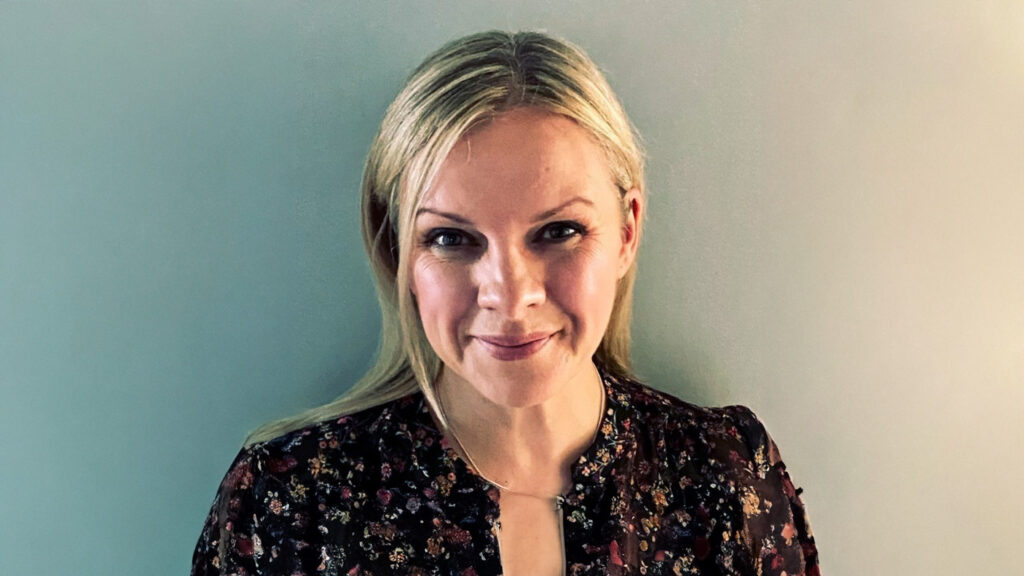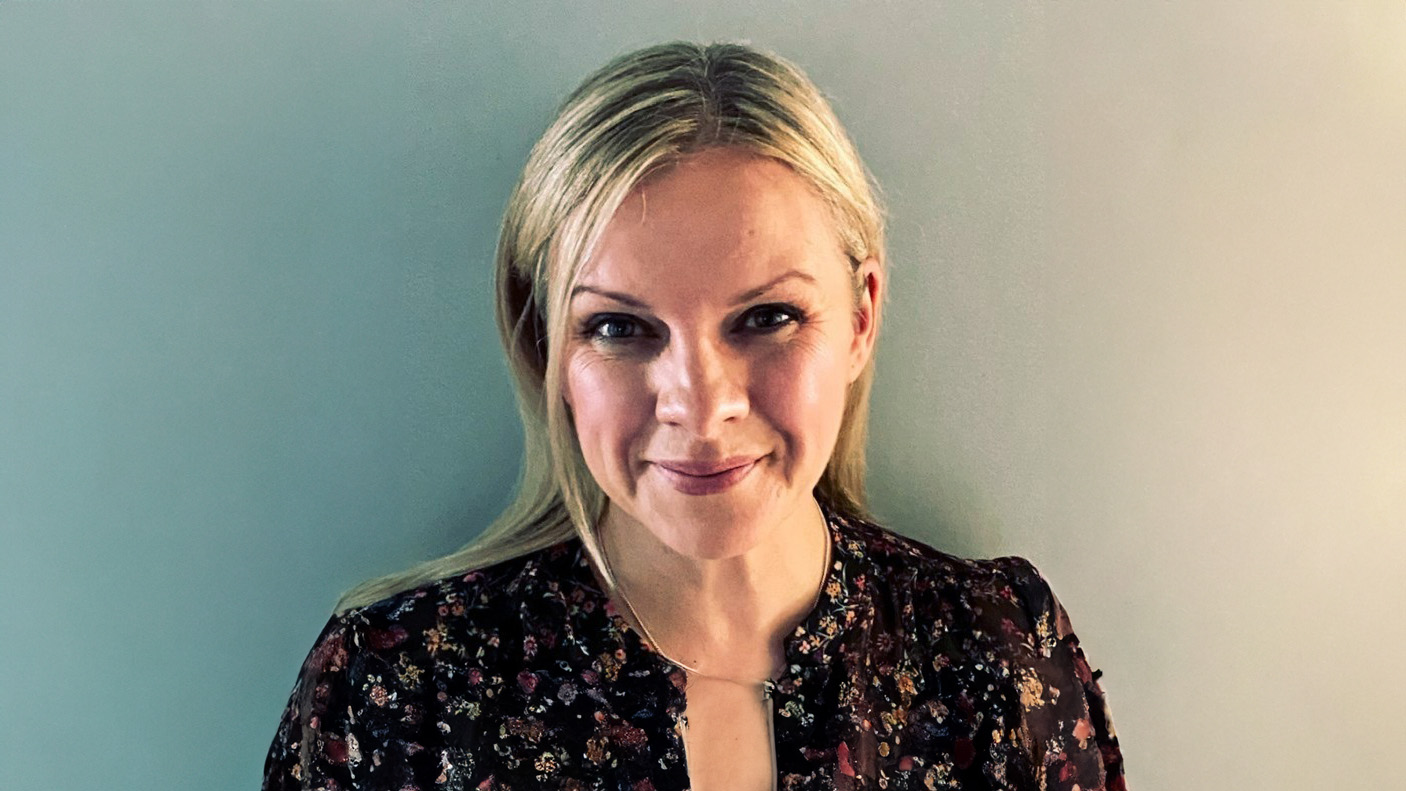The blurred boundaries between how we live, work and play have transformed how hotels present themselves and even the role of the hotel. Traditionally the hotel lobby, for example, was a large functional space with check-in desks, guests milling around, casual seating and a concierge desk. Technology and inventive design mean these core functions need less space, freeing up the lobby space for alternative – and more creative – uses. However, is there more that hotels can and should be doing to further position themselves at the heart of their communities?
‘Placemaking’ has long been a hot trend in the hospitality industry. Many hotels have focused on how to maximise the value of physical spaces – from transforming the lobby area into a pop-up art gallery or turning the hotel rooftop into a destination bar and restaurant. With consumers increasingly focused on sharing memorable moments, there is a clear commercial imperative for hotel operators to create must-go-to venues where Tik-Tok-friendly experiences and ‘Instagrammable’ moments abound for guests and visitors alike.

For me, a shift towards placemaking means something different and presents a huge opportunity to deepen a hotel’s connection with its local community. Amidst the closure of many public libraries, community drop-in centres and other connection points, the lack of community meeting places in the UK has been well documented. The increasing numbers of people experiencing loneliness and social isolation is also a growing issue with the Campaign for Loneliness revealing that 49.6% of adults (c.26 million) in the UK reported feeling lonely to some degree.
Hotels should therefore consider adapting their underused or overlooked spaces for socialising and interaction, bringing people together in a way that reflects the very ethos of the hospitality industry. Social connections are the fabric of our communities and no industry is better placed to create inclusive, accessible common spaces and deliver initiatives that address the needs of local people.
According to Savills, a growing number of hotel developers are embedding ‘social value’ considerations into the pre- and post-development phases of a hotel scheme, looking at how people will use the hotel, engage with its spaces (both internally and externally) and its impact on the local community.
Beyond the development stage, hotel operators should explore innovative approaches to creating social spaces and community hubs. In today’s world, hospitality is much more than a bed for the night – it’s about offering a menu of services that bring together guests, visitors and locals and contribute to wider society. Despite advances in technology that have transformed the hotel guest experience, the desire for human interaction remains stronger than ever.
At Village, we’ve focused on forging connections with our local communities as a core part of our ESG strategy. Through our charity partnership with Sue Ryder, the UK’s leading palliative and bereavement support charity, we’re proud to be the UK’s first ‘Grief Kind Hotel Group’. We provide a meeting space every week for a couple of hours so that Sue Ryder can host a Grief Kind Space, giving people who are grieving access to informal, in-person, peer-to-peer support. It’s about stepping up and providing tailored support for the most vulnerable people in our communities, opening our doors and our meeting spaces to those who need it the most. Very often, hotels struggle to think of ways to utilise empty conference or meeting rooms. I think it is critical the industry thinks more creatively about using vacant space, and considers the impact of more flexible, socially aware room management.
Of course, hoteliers have long looked at every new way to generate revenue from their assets, including spaces that might be underutilised. But repurposing space for community groups, events, and charity initiatives – whether fashion shows or charity auctions – can equally help drive revenue. An increasing number of socially conscious consumers are basing their booking decisions on positive impact and want to feel good about where they choose to stay and spend their money.
When it comes to expanding more hotel spaces for public interaction, the key is to engage with local communities and employees to understand their needs and the issues that matter to them. There is no limit to the range of activities that the industry can cater to – and to me, this is the true meaning of ‘placemaking’ and creating valuable, much-needed spaces for people to thrive.











